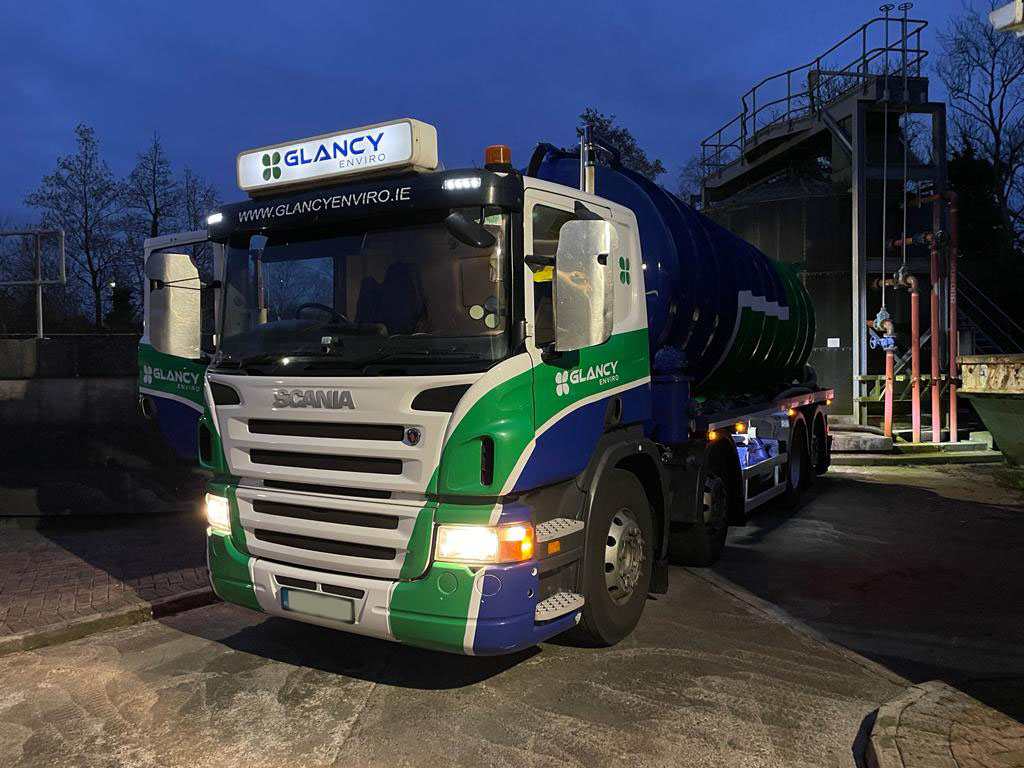The Buzz on Reclaim Waste
The Buzz on Reclaim Waste
Blog Article
The 25-Second Trick For Reclaim Waste
Table of ContentsThe Definitive Guide to Reclaim WasteThe Best Guide To Reclaim WasteHow Reclaim Waste can Save You Time, Stress, and Money.Reclaim Waste Things To Know Before You BuyThe Facts About Reclaim Waste Revealed
Explore the kinds, incidents, and kinds of fluid waste. Domestic sewage waste describes the waste and products from a domestic septic tank. This sort of waste is developed by humans in houses, colleges, and various other buildings. This only includes sewage-disposal tanks that have a drainpipe area. The proper monitoring and disposal of domestic sewage waste require fluid waste to be transferred to a sewage treatment plant where the proper approaches and tools are put on detoxify and take care of waste.
Business waste usually includes prospective risks, such as flammable materials or a combination of fluid and strong waste products, and calls for an advanced and in-depth disposal process. The disposal of commercial waste commonly entails the filtration of waste prior to transport to ensure risk-free and proper disposal. Industrial waste is produced from byproducts and overflow of commercial processes and manufacturing.
This type of waste can not use the exact same sewer management transport or procedures as septic or industrial fluids. The commercial waste management process requires the examination and screening of liquid waste before it undertakes the disposal procedure (industrial wastewater treatment). Drainage waste is the liquid waste that comes from runoff and excess stormwater in very inhabited areas or cities
Overflow waste can cause contamination and flooding if not dealt with correctly. Making certain correct waste administration can protect against catastrophes and lower environmental harm.
Reclaim Waste Things To Know Before You Buy
Contact PROS Providers today to learn more about our waste administration and disposal solutions and the appropriate methods to take care of the fluid waste you create.
(https://www.behance.net/leonaube)This so-called 'wastewater' is not just an important source however, after treatment, will be released to our land, waterways or the ocean. Utilized water from toilets, showers, bathrooms, kitchen sinks, washings and industrial processes is understood as wastewater.

water made use of to cool machinery or tidy plant and tools). Stormwater, a type of wastewater, is runoff that flows from farming and metropolitan areas such as roofs, parks, yards, roadways, paths and gutters into stormwater drains, after rainfall. Stormwater streams neglected directly to local creeks or rivers, eventually reaching the ocean.
Some Ideas on Reclaim Waste You Need To Know
In Queensland, the majority of wastewater is dealt this hyperlink with at sewer treatment plants. Wastewater is carried from domestic or commercial websites via a system of sewage systems and pump terminals, known as sewage reticulation, to a sewage treatment plant.
The Department of Natural Resources advises city governments concerning handling, operating and keeping sewage systems and treatment plants. In unsewered areas, neighborhood governments might call for homeowners to install private or house sewer therapy systems to treat residential wastewater from commodes, kitchens, restrooms and laundries. The Division of Natural Resources authorises making use of family systems when they are proven to be reliable.
A lot of stormwater receives no treatment. In some brand-new communities, therapy of some stormwater to remove clutter, sand and crushed rock has actually begun making use of gross pollutant catches. Wastewater treatment occurs in four phases: Removes strong matter. Bigger solids, such as plastics and other items wrongly released to sewage systems, are gotten rid of when wastewater is passed through displays.
Wastewater after that flows right into large storage tanks where solids clear up and are gotten rid of as sludge. Oil and scum are skimmed from the surface area. Utilizes little living microorganisms called micro-organisms to damage down and eliminate remaining dissolved wastes and fine bits. Micro-organisms and wastes are integrated in the sludge. Eliminates nitrogen and phosphorus nutrients that can cause algal blossoms in our waterways and threaten marine life.
Reclaim Waste for Beginners
Nutrient removal is not readily available in any way sewage therapy plants since it needs costly specialised equipment. It is coming to be much more typical in Queensland. Clear fluid effluent created after treatment may still have disease-causing micro-organisms. If this effluent is released into rivers such as rivers or the sea, the micro-organisms will eventually pass away out.

This generally indicates wastewater needs to be treated or pollutants eliminated before it can be discharged to rivers. Many wastewater streams into the sewerage system. Under the Act, city governments administer authorizations and permits for eco appropriate activities (Periods) involving wastewater releases that could have a regional effect. The department administers approvals and licences to Ages involving wastewater releases that could have a local or statewide effect.
All About Reclaim Waste
Otherwise, examples are taken for laboratory evaluation. Commonly lots of tests are needed to establish the degrees of each of the various contaminants such as oils, hefty steels and pesticides in water. Surveillance provides factual info about water high quality and can validate that licence problems are being fulfilled. The details acquired through monitoring gives the basis for making water quality decisions.
Report this page